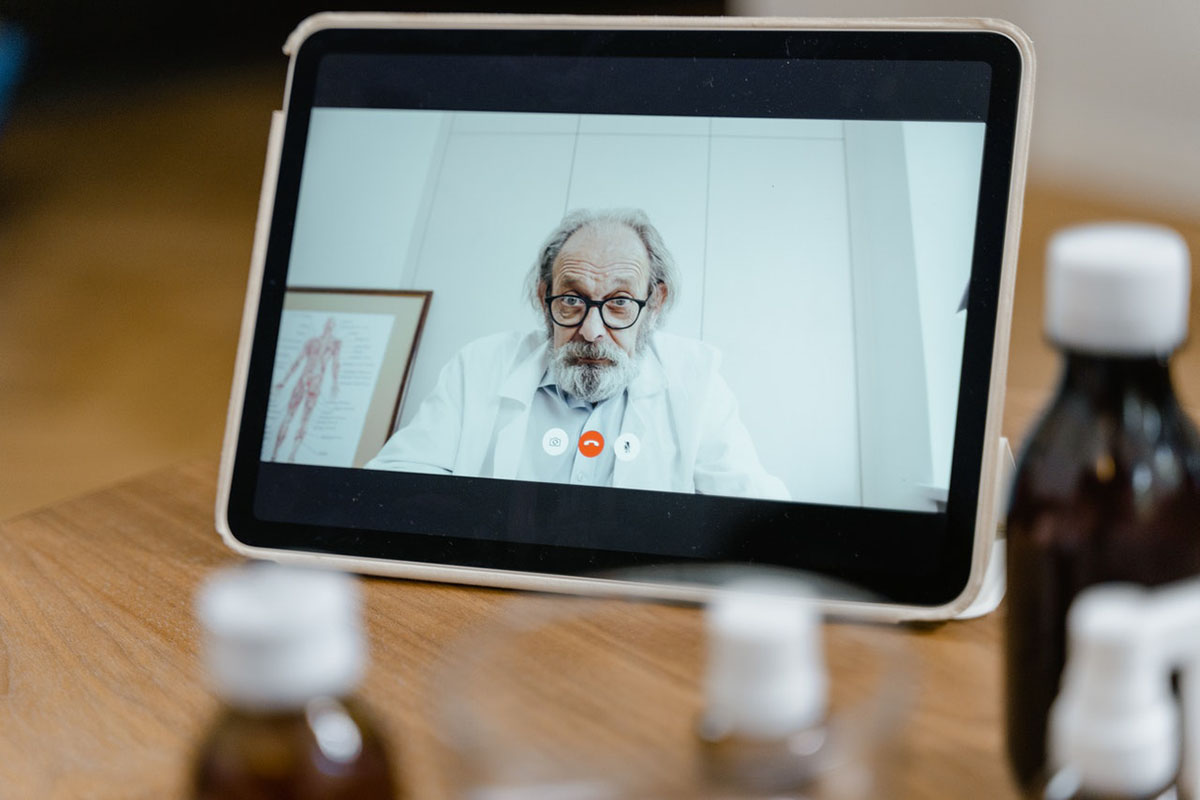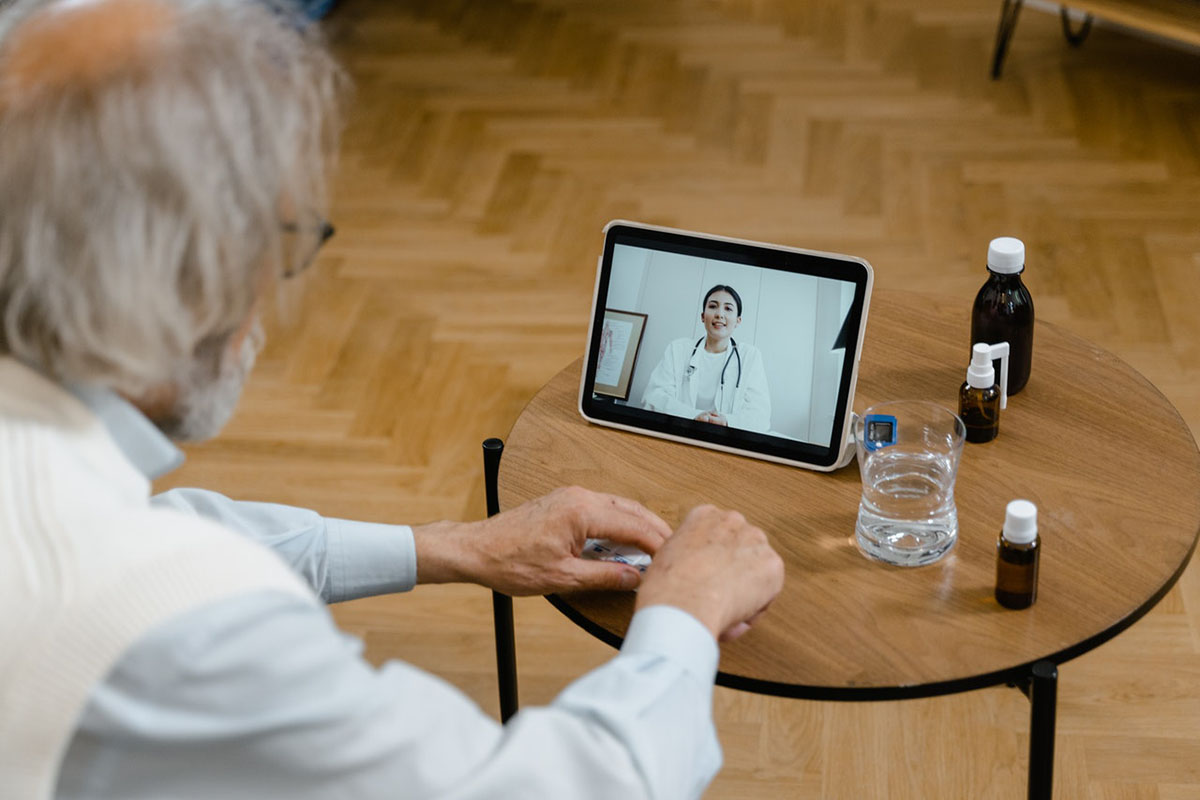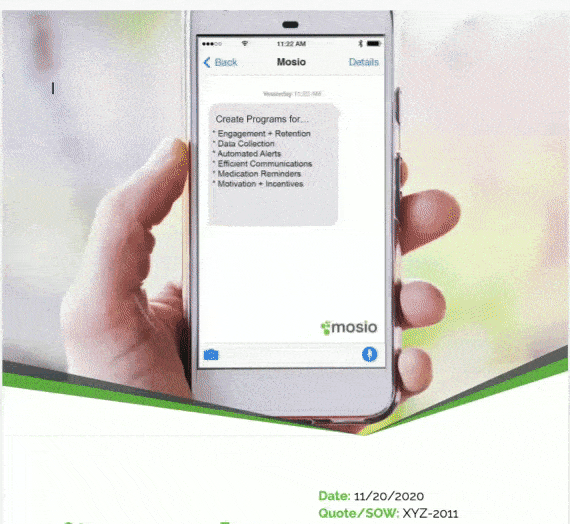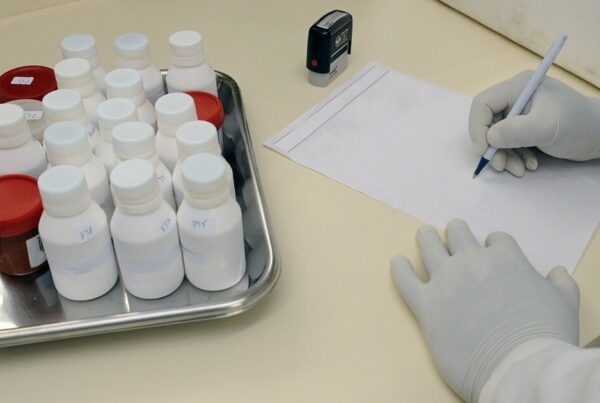Clinical trials are performed in order to prove that a new drug or therapy works and that it’s safe to use. Thanks to advances in technology, clinical trials can now be executed in a decentralized manner which means that they can be run across different geographical locations.
Decentralized clinical trials pose some unique challenges to researchers and participants alike, so it’s important to know what these challenges are before moving forward with one. There are steps you can take in order to overcome decentralization challenges in clinical trials.
What are Decentralized Clinical Trials?
Decentralized clinical trials (DCTs) are clinical studies conducted in multiple locations without a central coordinating center. They have been used for research purposes as early as 2011 and have become increasingly popular because of their cost-effectiveness.
They allow for access to patients that are often difficult to reach using traditional methods. However, decentralization can bring challenges as well. As such, decentralized trials require strong protocols and effective risk management procedures to avoid harm to study participants or other limitations in their ability to conduct research effectively.
Decentralized clinical trials are most often used in drug development, but they can also be appropriate for certain types of medical devices. In a typical trial, participants at one or more locations receive standard care alongside treatment with either an experimental device or therapy.
Usually overseen by regulatory agencies, decentralization requires very careful study design and oversight. This ensures that participants are protected from undue risks and that studies remain efficient and effective. Decentralization also opens up access to research populations that would otherwise be difficult to reach using conventional methods – providing another major benefit of decentralized clinical trials.
Despite their increasing popularity, there are still many challenges associated with decentralized clinical trials. One major issue is that researchers must include local trial coordinators in each location where research is taking place, as well as ensure that the trial sites share relevant information about participants.
This means managing a more complex network of people and facilities, which can be costly and could result in more potential for human error at every stage of the study. Local study coordinators may also lack adequate training to understand how to handle an experimental drug or device correctly. As such, additional oversight and quality assurance may be necessary when using decentralized clinical trials.
Is it Difficult to Run a Decentralized Clinical Trial?
The lack of communication barriers can be a huge benefit of decentralized clinical trials if communication paths are set up correctly. Studies can be better because all data is shared immediately and there’s no need to wait for it to be entered into a central database.
Not only does decentralization increase efficiency and improve research quality, but it can reduce costs, too. Additionally, drug companies are beginning to take advantage of blockchain technology to create proofs-of-concept for use in clinical trials—essentially allowing them to distribute information faster and more efficiently.
The lack of privacy can be a significant problem with decentralized clinical trials. If a patient has chosen to keep their data private, researchers will not be able to gain access unless they get permission from that individual.
This poses a major challenge for researching rare diseases since it’s often difficult to find participants who want to share their information on an open-access database. Additionally, companies are more hesitant to donate drugs and medical devices because they fear losing proprietary control over them. They may also fear competitors gaining insight into their products if their trial is run on an open-access database.
The idea of decentralized clinical trials may seem simple, but in practice, there are several important challenges that need to be overcome. Fortunately, there are possible solutions to address most problems, such as using a hybrid centralized/decentralized system where data can be kept private until participants give permission for it to be shared with researchers.
There is also evidence that blockchain technology can serve as a solution for decentralizing medical research. This is exciting because it means more transparency and better data sharing on a global scale—it’s just going to take time before it becomes mainstream.
In summary, decentralized clinical trials have both pros and cons. While some companies are already starting to use blockchain technology in clinical trials, it’s unlikely that we’ll see widespread adoption of decentralized systems anytime soon—at least not until all participants are able to share their data easily and safely.
Some countries may struggle to adapt to a decentralized system, but others might embrace it readily if there is evidence of increased efficiency and lower costs. Either way, it will be interesting to see how research evolves in the coming years as blockchain becomes increasingly integrated into healthcare systems around the world.
Problems You Can Solve with Decentralized Clinical Trials
Nowadays clinical trials usually take place in central locations with a group of well-qualified and highly trained professionals. But, what about areas that are more rural or don’t have large hospitals with a large support staff? These areas would not be able to participate in centralized clinical trials, which could leave out a large population of people who would benefit from participating in a clinical trial.

Location is one problem that you can solve using decentralized trials. Patients living in more remote areas can participate through their local hospitals by interacting with the researchers online or over the phone. Removing the physical location restriction opens up the patient pool to more populations.
Because DCTs are more flexible and open for participation, it also opens up an opportunity to include more real-world data from less extreme environments that don’t follow strict guidelines for clinical trials. Furthermore, costs for DCTs can be lower since there’s no need to subsidize the cost for patients to come to a central location for study. Patients can use their local medical facilities which may be lower cost than the primary medical facility running the study.
Costs can still vary depending on how decentralized each trial is, but they can be significantly reduced with even partial decentralization. It may even allow smaller pharmaceutical companies with limited resources to run clinical trials that those smaller companies cannot afford otherwise. Opening up the ability for smaller pharmaceutical companies can increase the treatment possiblities for current and future patients.
However, DCTs also pose some unique challenges. Due to their decentralized nature and flexibility, it can be more difficult to ensure proper control of participants and make sure that they meet required standards. For example, the research team will need to find a way to centralize the patient data for study.
Not only does it take a lot of effort to implement DCTs in less experienced health systems with limited infrastructure and support, but also there’s a possibility of mistakes occurring if patient data is transferred across various health facilities that weren’t involved in planning each phase of a clinical trial. There are pros and cons to using a decentralized method for your clinical trials.
Pros and Cons of a Decentralized Clinical Trial
Decentralization in clinical trials may help solve many problems, including how to recruit patients who need trial treatments and what to do with data from clinical trials. One of the biggest issues with clinical trials today is that they have to follow ethical guidelines which makes it very difficult for researchers.
For example, there are a lot of people who could benefit from clinical trials but these patients either don’t fit into any particular guidelines or else their health conditions are too risky for participating in a trial. However, decentralization can overcome some of these problems since it means that anyone can start a decentralized clinical trial without having to get approval from regulatory bodies.
Pros of Decentralized Clinical Trials
- Using a decentralized method could open up trial participation to more people in poor areas or with rare diseases who might not have had a chance at getting into a regular clinical trial otherwise. It would also give patients more say over what treatments they get, including allowing them to request certain experimental treatments if they meet certain criteria such as having tried all approved options first.
- Decentralization could also improve trials by giving patients more say over how they want to be treated. This is already starting to happen as it’s becoming common for people to take part in what is called adaptive trials. These involve tracking patient outcomes continuously rather than at just certain points during a trial and then using that data to make decisions about whether it’s worth continuing a trial or not. This means patients have more control over their treatment since it can adapt based on what happens.
- The decentralization of clinical trials may also make it easier to provide participants with incentives. For example, blockchain technology has been used to try and improve clinical trial transparency by creating systems that allow patients to track their own data online or even see what drugs companies are testing for their diseases and how those trials are progressing.
Cons of Decentralized Clinical Trials
- One problem is that patients aren’t as closely monitored. Many of them aren’t medically trained and might make decisions about their health that aren’t in their best interests if they don’t have a convenient way to access the research team. Patients may find information online suggesting that they try an at home treatment which could conflict with the study. Many clinical trials have rules such as deciding how long participants should take part in trials or what sorts of treatments they can try.
- If blockchain technology is used for decentralization it brings additional challenges, such as security. For example, blockchain-based clinical trials are an attractive option in many ways since they can offer data privacy and allow anyone to view available information without requiring permission. But since blockchains aren’t private they also open up participants to potential privacy concerns by making their personal health data more publicly accessible than ever before.
This could violate their right to medical confidentiality, including details about family members or other people with whom they have a personal relationship. It could also reveal commercially sensitive information or even become evidence in court if someone decided to take legal action against them after receiving bad news from their trial results.
Despite these concerns, decentralization could eventually allow patients more say over their own care, as well as offer them new ways to control their treatments. As long as patients have ways to contact their researchers so that they can be advised in a way that aligns with the trial and patients can be assured their privacy will be protected to the best of the researcher’s ability, the cons for a decentralized trial can be mitigated.
COVID-19’s Impact on the Decentralized Clinical Trial
Before getting into what exactly how DCTs impacted COVID-19, let’s break down some basic terminology. Basically, you have your target population and a clinical trial group of that population. You need both groups to be as similar as possible for statistical relevance (it’s important for it to be a trial after all).

With decentralized trials, one way you do that is by including a larger number of participants from various regions. The technology behind many COVID-19 clinical trials using a decentralized method makes that easier to do and actually speeds up clinical trials overall. It also allows study patients with contagious illnesses to remained quarantined to limit the spread of infection.
By using a decentralized method, clinical trials can increase not only their number of subjects but also the diversity of their participants. This is incredibly important because it allows researchers to effectively do a thorough job vetting a product or treatment and making sure it’s safe and effective before they give it to patients. Of course, increasing diversity is often easier said than done, especially in countries that have been historically very resistant to even testing drugs outside of hospitals (which wasn’t always that safe either).
There’s always a chance that there could be an issue with the treatment, but in order to help ensure safety, you can create a separate trial for testing for a particular condition or by starting with a smaller trail with a healthy test base to check for potential side effects. Allowing everyone who has used an app or hardware device to share their information anonymously gives researchers an enormous amount of data points to work with as they continue to refine treatments and figure out how they should be dosed.
Also, it’s worth noting that there are already some safeguards in place. For example, protocols must be pre-approved by Institutional Review Boards (IRBs), which take some measures to protect patient privacy and welfare during clinical trials.
Even with existing systems in place, some people are still wary of decentralized clinical trials. One of their biggest concerns is how to ensure anonymity if there’s a breach in security. Because patients are sharing information with a large number of people on their smartphone, it’s certainly not impossible that someone could identify them through their anonymized data and manipulate it for malicious purposes.
You can do quite a bit to protect your patients and even prevent these situations by instituting policies to have your patients change their passwords regularly, following best practices (don’t leave devices unattended or plugged into public charging stations), and keeping all devices up-to-date with software patches.
Why Decentralized Trials are the Path Forward
While centralization is widely used, most people don’t realize that centralized clinical trials also have a number of problems. Centralization can delay progress on new therapies, costs for researchers and for participants can rise because it relies on a few trial sites to host many patients at once. Centralized results may be prone to bias from how one study site operates differently than another.
In other words, decentralized clinical trials could be better than current methods by which scientific studies are conducted. For example, decentralizing data collection and analysis not only reduces bias but also enables rapid dissemination of trial results.
One of most significant challenges in decentralized clinical trials is efficient data collection, but with modern technology and advancements in software, many believe that decentralization will soon become a reality. While collecting data from multiple sites may seem like it would be a slow process, there is software that can help to speed up data collection for decentralized clinical trials.
By using blockchain technology to hold records about research subjects, researchers can securely access patient information from different hospitals or even other countries around the world. This will help eliminate duplicate tasks by multiple physicians trying to collect information at different sites, which can result in reduced costs and better results overall.
Overall, decentralized clinical trials are starting to become more popular. As reviewed above, there are pros and cons to using a decentralized method for your clinical trial. Research teams need to consider all aspects of a centralized vs. decentralized trial. Technology is evolving to help support future decentralized trials, they will become a more viable option year over year.







